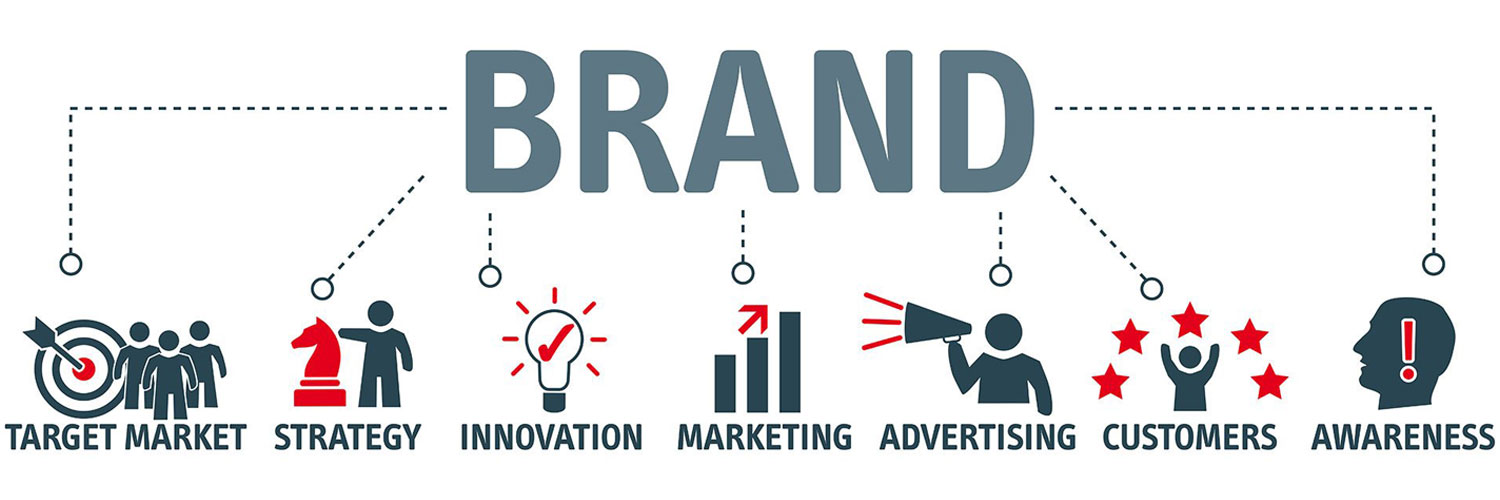[ad_1]
Over recent years, many Australians have become increasingly focused on sustainability. From witnessing devastating weather events in our own backyard (and beyond) to policy-makers debating how our nation will preserve its future, it’s a topic that’s hard to ignore. And for some, running a sustainable small business can feel overwhelming at times, writes Xero’s Chief Customer Officer Rachael Powell. But we all have a duty to operate in more socially and environmentally responsible ways – we just have to know how.
For small businesses in particular, turning good intentions into meaningful actions is often misconceived as too hard and expensive. Despite this, a recent survey from Xero found that 68 per cent of small business owners feel that improving their sustainable practices is important.
So, where do you begin? To understand how you can minimise your footprint, the first step is to separate fact from fiction. Then acknowledge the the positive impact of even the smallest change. To help, I’ve debunked four of the biggest myths around small business sustainability below – all so you can tread a little more lightly, and reap some benefits along the way.
Myth 1: Sustainability is just about the environment, right?
Sustainability encompasses a broad range of environmental, social, cultural and even political issues. You’re right to think that climate change has a significant role to play under this umbrella term – especially in relation to decarbonisation (in other words, reducing emissions that contribute to global warming).
Although, from a small business perspective, it can be a lot to think about all these elements at once. Instead, it helps to consider sustainability in a way that’s relevant to your business by grouping your impact into three areas:
- Things you buy: This is all about your supply chain, including your suppliers, manufacturers and providers (among other external stakeholders)
- Things you do: Comprising everything that happens within your business, from operations and distribution to marketing and employment practices
- Things you sell: Considering how your business impacts your customers and their actions
Essentially, sustainability is intrinsically linked to just about everything. The good news? There’s so much opportunity to change the way we operate for the better.
Myth 2: I’m too small to make a meaningful impact
Sustainability can feel like a massive issue to tackle individually. So it’s important to know that you’re not alone. Australia is home to almost 2.6 million small businesses, meaning your collective power has the potential to create real change.
One of the biggest misconceptions we often hear is, ‘It’s just me working from home on a laptop – there’s nothing I can do to contribute to sustainability.’
While it may be true that your footprint is smaller than others, the reality is that we can all do something. Whether that’s switching to renewable energy to power your home office. Or moving to an ethical super fund and bank. Maybe it’s looking upstream to choose more sustainable suppliers. Whatever you choose to do, small actions can have powerful ripple effects.
Myth 3: Sustainable practices are expensive
We know from Xero’s research that most small businesses believe it’s important to improve on sustainability. But hesitation kicks in when it comes to cost. In some cases, this is warranted – investing in ethical labour and greener materials or technology can be more expensive than the alternatives. However, it pays to look at the bigger picture.
Research shows that 71 per cent of consumers would pay more for sustainable brands, while 57 per cent would change their shopping habits to reduce their environmental footprint. This presents a huge opportunity to attract more customers (and potential investors) by adopting responsible habits and practices. What’s more, today’s workforce is becoming increasingly eco-savvy, with 65 per cent of employees saying they’re more likely to work for sustainable businesses. This could be a huge competitive advantage amidst a tight labour market.
Looking ahead, sustainability is an investment in the future of your business. As governments and decision-makers learn more over time, it’s likely we’ll see increased regulation and reporting requirements that hold all businesses to account. Meaning there’s never been a better time than now to take action.
Myth 4: It’s too hard to become a sustainable small business
With so much information out there, understanding where and how to begin your sustainability journey can be tricky to navigate. So when searching for resources or tools to help you get started, keep two things front of mind: the reputability of your sources and their relevance to your business. This will ensure you cut through the clutter to find the answers you’re looking for.
Another tip? Cover the basics first (Xero’s Small Business Sustainability Hub is a good beginner’s guide). Make small and thoughtful changes instead of completely overhauling your operations in one go, and be sure to track your impact along the way. To help manage this, there are useful tools in Xero’s ecosystem like Cogo – a free app that automatically draws on your existing business data to measure your carbon footprint. It also offers personalised reports and suggestions on how to take action.
Ultimately, a sustainable small business is as simple as you make it – you just have to start somewhere. Because together, we can positively impact the planet, all while strengthening the small business community.
Follow Kochie’s Business Builders on Facebook, Twitter, Instagram, and LinkedIn.
Now read this:
How Aussie businesses can achieve B Corp certification to ensure a positive impact
[ad_2]
Source link


